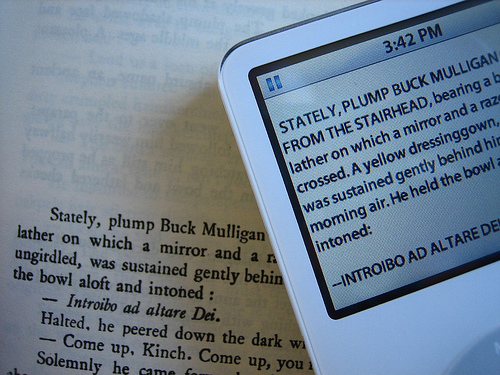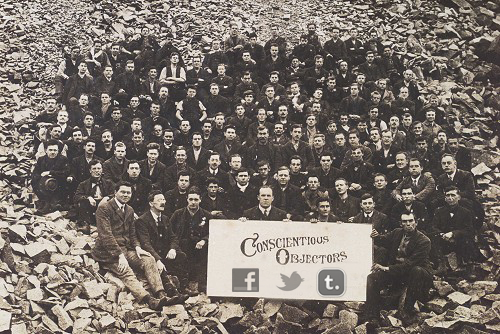Last week, cell phone footage emerged on Youtube that purports to be taken by a Saudi Arabian woman in a mall, of her clash with the Saudi religious police. The woman is righteously indignant, insisting that they have no right to harass her, that it’s “none of [their] business if [she] wears nail polish”. She also tells them to “smile for the camera”, as she’s filming the entire thing and is sharing the footage.
The pattern of this particular encounter isn’t necessarily novel, and by Western standards a claim on the right to wear nail polish in public seems fairly mundane, but there is something worth noting about the specific dynamics inherent in sharing this kind of footage. Most obviously there’s the fact that in countries with repressive laws based on gender, wearing nail polish in public may indeed be an extremely subversive act, but that leaves aside the question of the cell phone footage itself, and what uploading it to Youtube does.







